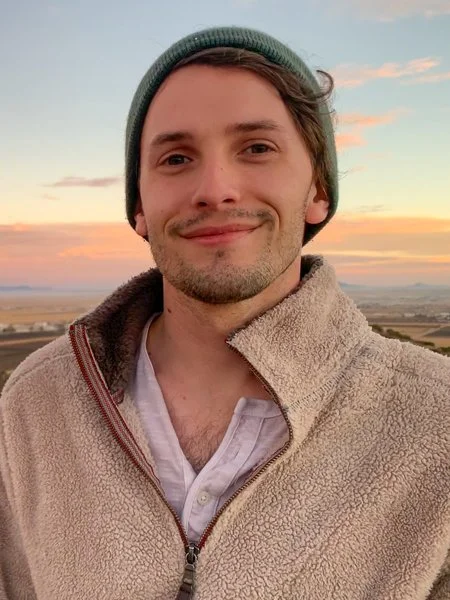Postdoctoral and Professional Researchers
-

Dr. Anne Kellerman
My research interests revolve around organic matter (particularly dissolved), its sources, sinks and factors that control both its degradation and persistence. I am interested in a variety of aspects of organic matter biogeochemistry: the detailed characterization of chemical composition and controls thereof, the link between chemical composition and reactivity, the importance of intrinsic and extrinsic controls on organic matter persistence and reactivity, and the pathways that protect organic matter from microbial degradation. I am also interested in how the methods we use to characterize organic matter influence our interpretation of how it exists in situ. Such methods include absorbance and fluorescence spectroscopy, size exclusion chromatography, and ultrahigh resolution mass spectrometry. My research questions often pertain to the effects anthropogenic activities have on organic matter characteristics, such as how land-use and climate change affect dissolved organic matter composition and the link between composition and reactivity. My biogeochemical interests sprouted in lakes but have spread to any watery ecosystem and even soils.
-

Dr. Martin Kurek
My main research interests concern the mobilization and susceptibility of vulnerable carbon pools, particularly the northern high-latitude peatlands and across large tropical river systems such as the Amazon and Congo River, and how they are impacted by changing climate conditions. I utilize a variety of analytical and statistical techniques to characterize organic matter signatures in river systems including UV-visible spectroscopy, ultrahigh-resolution mass spectrometry, and parallel factor (PARAFAC) with fluorescence spectroscopy. These tools help us understand how carbon is mobilized from the landscape into aquatic systems such as rivers, what happens to it during transport, and what is its short-term and long-term fate is once it reaches the ocean. I am also interested in how the social and economic conditions of society impact the natural carbon cycle through changes in land use and water quality.
-

Dr. Amy Holt
The core of my research is centered on assessing the impacts of climate change and glacier retreat on global pollutant and element cycles (C, N and P) as well as the role of glacier-derived materials in downstream freshwater and marine ecosystems. I am extremely interested in understanding the cycling of glacier dissolved organic matter (DOM), and use a range of analytical techniques (incubations, and molecular, biomarker and isotopic analyses) to assess its source, fate, persistence and reactivity. More broadly, I am currently involved in projects assessing the role of DOM in a range of aquatic environments from the world’s oceans, and coastal waters of British Columbia (Canada) to groundwaters in Cambodia, peatlands in the UK, permafrost in the Arctic, and lakes in the Antarctic. Much of this research has an anthropogenic element and seeks to gain a mechanistic understanding of how climate change will continue to impact the sources, fate and cycling of organic carbon at watershed and global scales.
